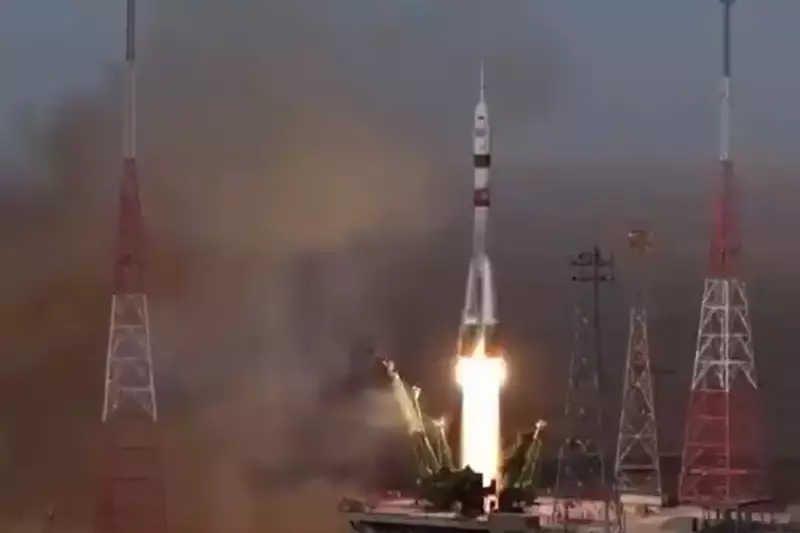
Russia has unexpectedly lost its ability to launch astronauts into space following significant damage to its sole crewed mission launch facility during a routine mission to the International Space Station.
Launch Incident Halts Russian Space Operations
The incident occurred on Thursday, 27 November 2025, during the successful launch of the Soyuz MS-28 spacecraft from the Baikonur Cosmodrome in Kazakhstan. While the three-person crew reached orbit safely, the launch infrastructure sustained substantial damage that will prevent further crewed missions until repairs are completed.
Roscosmos, Russia's state space corporation, confirmed that part of the launchpad collapsed into an exhaust trench below due to the force of the rocket's blast. The agency stated that damage was detected to multiple elements of the launch complex and that assessment teams are currently evaluating the full extent of the destruction.
Implications for International Space Cooperation
The timing couldn't be more critical for Russia's space ambitions. This launch facility represents Russia's only operational crewed launch capability for International Space Station missions and was slated to support future launches to the planned Russian Orbital Station.
Space analyst Vitaliy Egorov highlighted the historical significance of this development, noting on Telegram that this marks the first time since 1961 that Russia has lost its human spaceflight launch capability. The situation creates immediate challenges for crew rotations and emergency return scenarios.
The affected Soyuz MS-28 mission carried NASA astronaut Chris Williams alongside two Russian crew members, all of whom docked successfully with the ISS on Thursday evening. They are scheduled to remain aboard the orbiting laboratory for eight months, with a planned return to Earth in July 2026.
Recovery Timeline and Future Prospects
Roscosmos has attempted to reassure stakeholders by stating that all necessary backup components are available for restoration and that repairs would be completed in the near future. However, independent analysts have expressed scepticism about the projected timeline, noting that critical infrastructure including cabling, sensors and service bay sections may have been destroyed.
The incident occurs as Russia develops its independent orbital outpost, the Russian Orbital Service Station (ROSS), with the first module planned for launch in 2027. This timeline now faces potential disruption depending on how quickly the Baikonur facilities can be restored to operational status.
With the International Space Station scheduled for decommissioning in 2030, the pressure is on Russian space authorities to resolve this unprecedented gap in their spaceflight capabilities while maintaining their commitments to current international partnerships.





